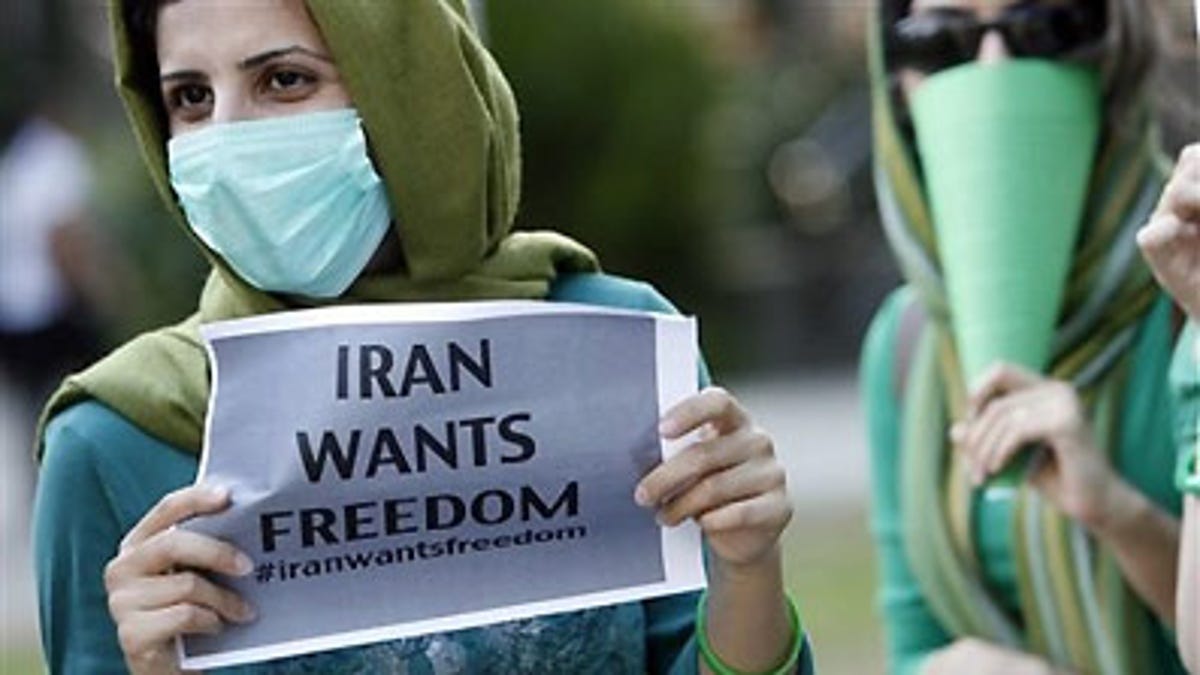
By Alireza Nader and Tritia Parsi for Foreign Policy.
Ever since last June's disputed presidential election, Iran has been in the throes of change, with the nascent "green movement" protesting against an ever-more-authoritarian state. For months, Washington has asked itself: Should the United States actively push for regime change? Torn between the fear of ending up on the wrong side of history by being too cautious and the fear of ending up undermining the pro-democracy movement by being too aggressive, Barack Obama's administration is playing a difficult balancing act.
History shows that intervention is easier said than done. Past U.S. attempts to sway Iranian internal affairs -- such as the CIA-fomented 1953 coup d'état against a democratically elected prime minister, Mohammad Mossadegh -- have proven costly for U.S. interests. Most notably, Washington's support for the shah fueled the 1979 Islamic Revolution, inspiring anti-Western movements in Pakistan, Egypt, and beyond.
Alireza Nader is an international affairs analyst at the RAND Corporation and co-author of "Mullahs, Guards, and Bonyads: An Exploration of Iranian Leadership Dynamics." Trita Parsi is president of the National Iranian American Council and the 2010 recipient of the Grawemeyer Award for Ideas Improving World Order.
To continue reading their piece at the Council on Foreign Relations Web site, Foreign Policy.com, click here.
